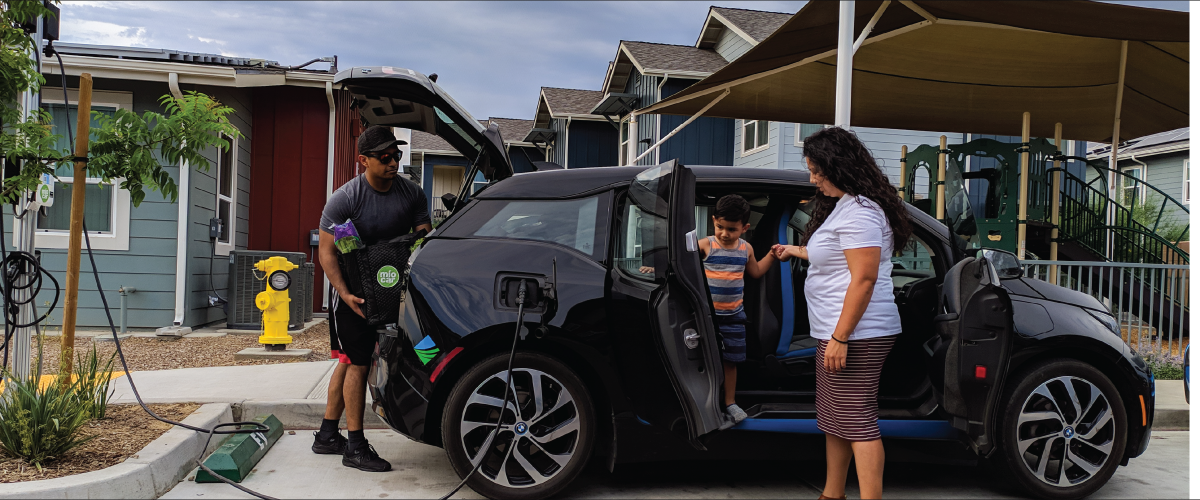Funding a clean energy transition presents central governance questions: What gets funded? Who benefits? Who decides and who participates in the decisions that are necessary to achieve a clean — and just — energy transformation?

California has been investing in a clean energy transition for decades, and, in recent years, has increasingly targeted funds to under-resourced and marginalized communities. Other states and the federal government have likewise stepped up. There is much to learn from California’s considerable experience. We offer several resources:
* A report series analyzing California’s decision-making structures — the processes that determine priorities and the mechanisms that turn broad justice principles into action. (November 2023) Access the reports below.
* A webinar on our report series, with expert commentary from Jessica Buendia of Dream.org. (March 26, 2024)
* An issue brief that details how agency funding programs are created and how to participate in program design. (May 2024)
* Our California Climate Justice Index, which describes funding processes and sector-by-sector climate funding programs.
The executive summary offers a high-level overview of the report series and its recommendations.
Part I introduces key principles and provides a roadmap to the series.
Part II describes the sources of revenue California’s programs rely upon and the role of the Legislature, governor, and agencies in allocating funding.
Part III addresses “big picture” questions, including the way the state goes about investment planning and program development.
Part IV provides an overview of agency funding mechanisms, from individual rebates to multi-million dollar transformative grants to communities.
Part V dives into the complex factors that determine who benefits, including eligibility criteria, application processes, outreach, and the support under-resourced communities need to access opportunities.
Part VI considers funding mechanisms’ relative efficiency, and whether they facilitate planning, holistic solutions, and community engagement.
Part VII offers a more radical alternative approach: rather than asking communities to seek and apply for transformative funding, provide direct support for planning and implementation to the communities most in need.
This brief guide defines key terms and acronyms used throughout the series.
Banner image courtesy of Míocar.